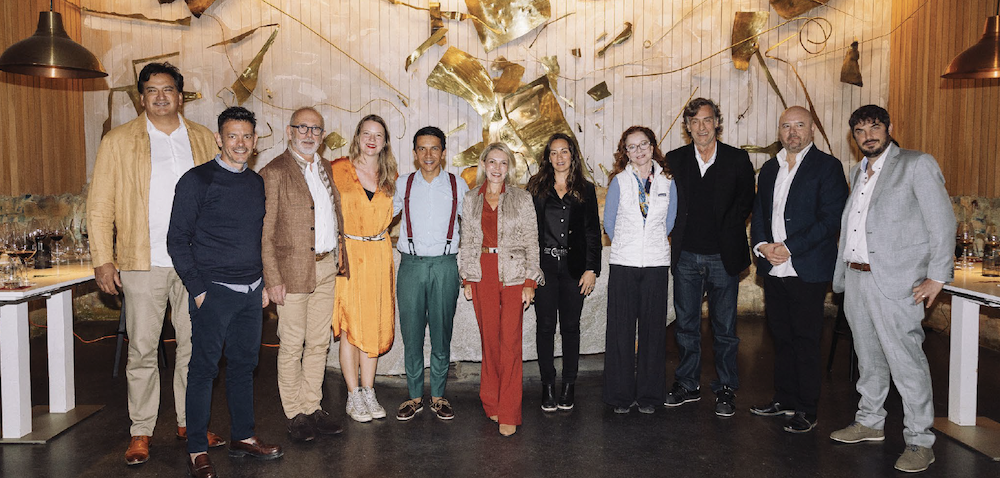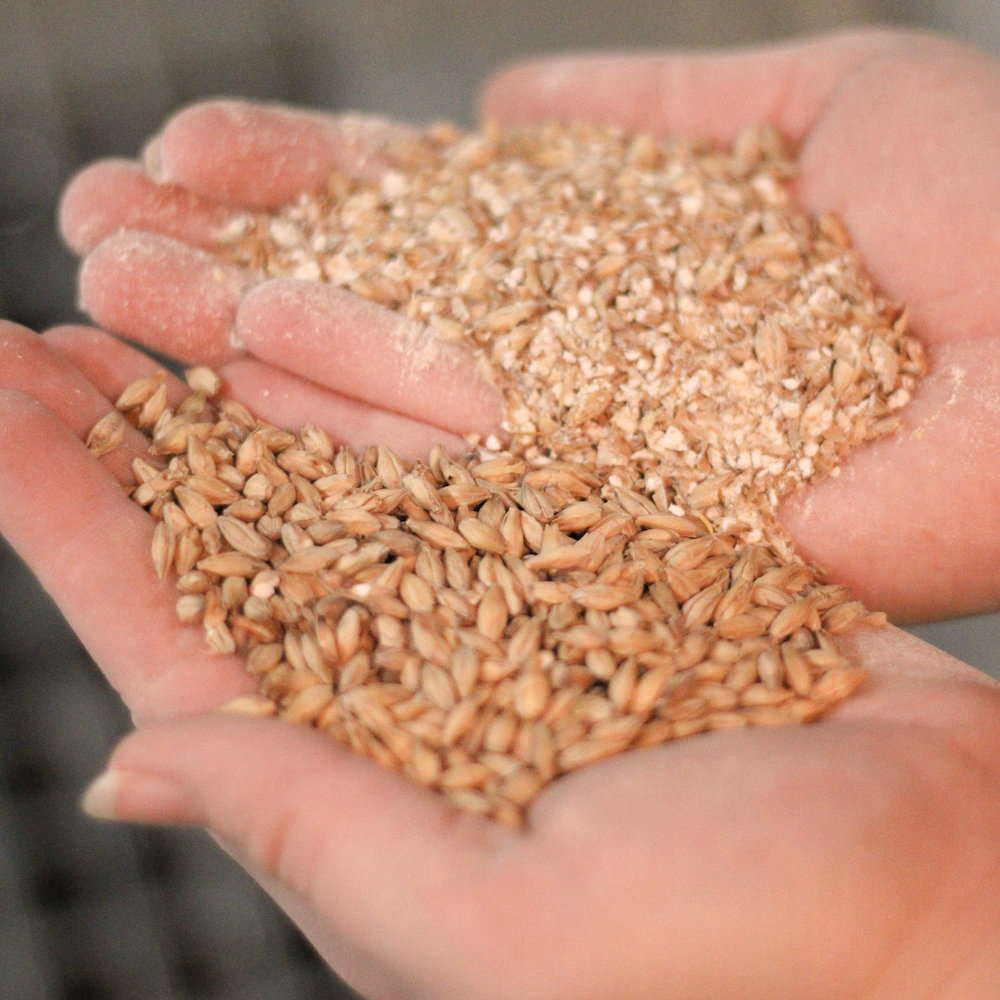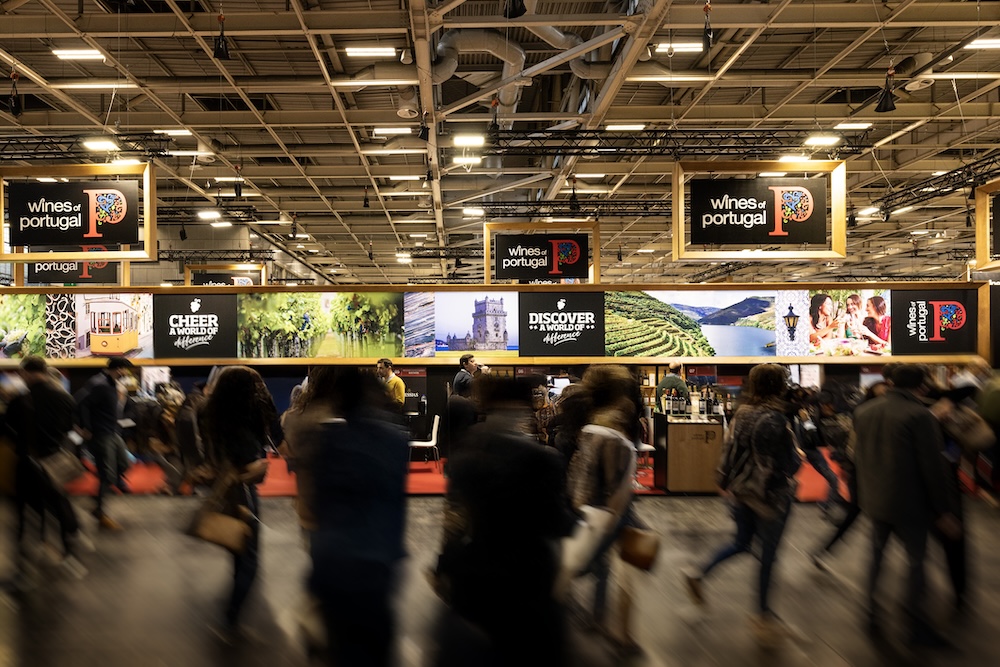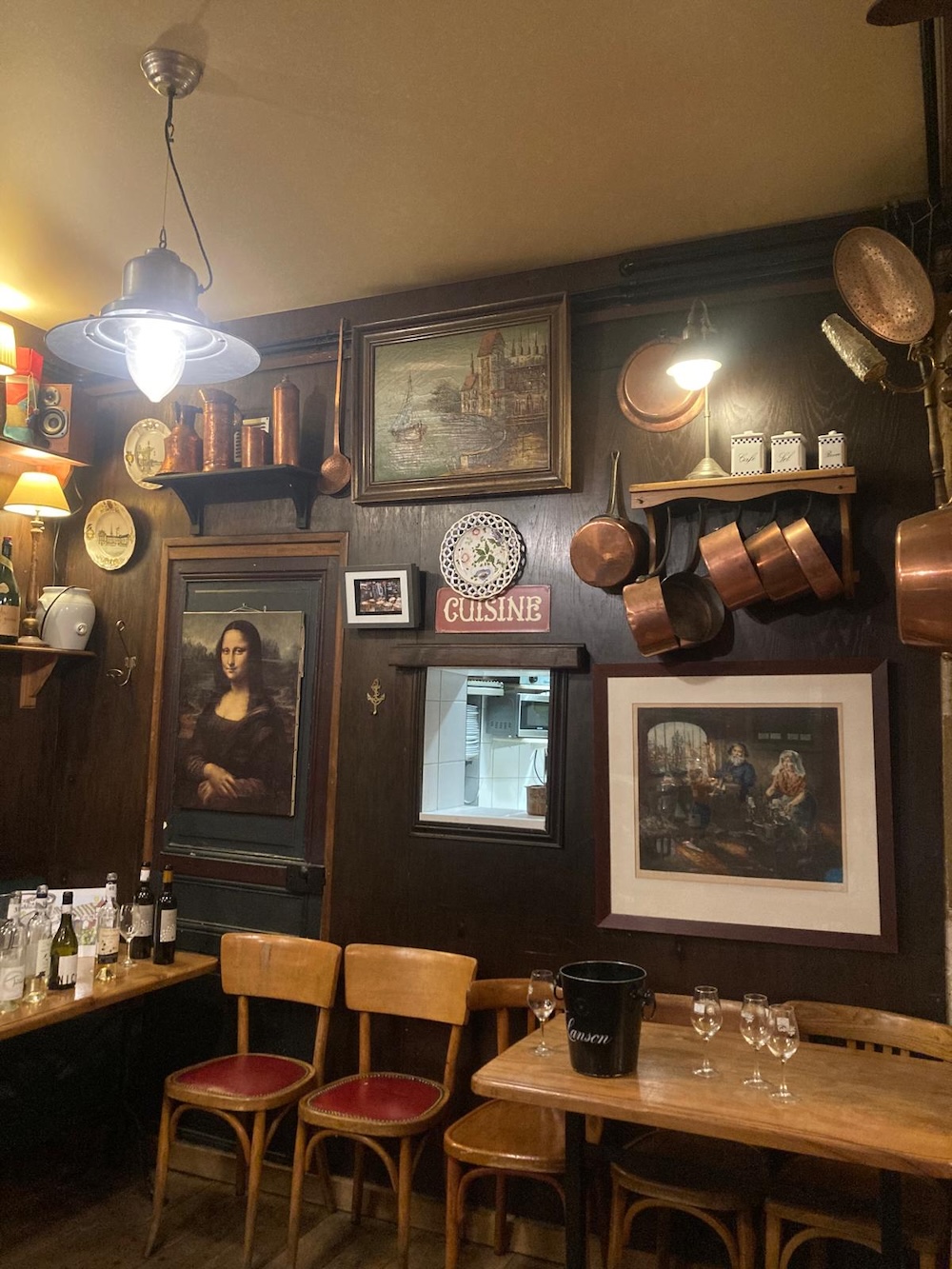
Discovery

Discovery
By Jean-Paul Burias – Photographs: courtesy of the brands, posted on 08 August 2023
Over the past few years, the number of newly-established craft breweries in France has grown exponentially. These boutique companies have joined a market cornered by the international behemoths and a clutch of long-standing breweries. The trend dovetails with new consumer patterns and has introduced products running the gamut in terms of colours and brewing techniques. We take a closer look.

Craft beers span the colour and taste spectrum to provide enthusiasts with an extensive choice of products. In a market that has been made challenging by declining alcohol consumption, they offer two major advantages – their alcohol content is low and their price tag affordable. Generally speaking, the drop in volume goes hand in hand with superior quality and this is the backdrop against which countless local breweries have emerged across France, buoyed by the enthusiasm and creativeness of passionate entrepreneurs. The beers display a regional identity, boldly venturing into terroir terrain, but despite this, French breweries have borne the brunt of spiralling inflation, and have had to cope with an unprecedentedly complex economic environment. So much so that one in ten breweries claims to be considering closing permanently this year, as revealed by a survey conducted by the French brewery and SME federations whose findings were published on May 16. In this complex market, brewers are having to contend with an increase in their overheads, with the cost of inputs, packaging, raw materials, transport and energy reaching high levels. These headwinds, though, are not preventing many breweries from continuing to invest in their production facilities and recruit staff in a bid to future-proof their businesses and develop their ability to innovate in a marketplace that remains in growth mode. Its creativeness and high standards have turned the beer industry into a force to be reckoned with in the drinks market. The following examples illustrate the trend.
Set in the heart of the northern French city of Lille, Brasserie Lilloise proudly publicises its environmental credentials with local ingredients across three product ranges. The brand’s iconic label, Lydéric, is made from local juniper berries added during the boiling phase. Re-fermented in the bottle, it comes as white beer, lager and red ale and is enjoyed by foodies who like pairing beer with food. Organically certified Phinaert is characterful with higher alcohol content and distinctive American-style hops which lend it a fruity side. Designed as part of an environmentally-friendly, waste-free approach, Achille uses un-sold left-over bread which replaces the malt during production. “All our products are made using artisanal techniques that show respect for tradition and prioritise local ingredients”, explains chairman Olivier de Brueker. “The brewery is committed to these values, treating the product with respect and using ancient skills. Our aim is to reach out to a wide-ranging audience with a broad selection that matches everyone’s tastes in terms of alcohol content and style”. Social media, fairs and competitions are leveraged to enhance the brand’s visibility.

Since 2015, the Artemus craft brewery has developed a customer following. A graduate of the prestigious Arts & Métiers engineering school, Laurent Laloue established the brand that has now become a benchmark and offers several unique recipes that deliver some stunning flavour experiences. “Our beers display distinctively unique flavours”, explains Laloue. “The aim is to take imbibers by surprise and introduce them to something new through their technical qualities – the foam, bubbles, bitterness, consistency, aromas, colour, brilliance, and their shelf life”. Despite this, the competition has changed a lot over the past four years. The market has become more structured and breweries have had to generate greater customer loyalty. “It’s not so much a market to be conquered any more”, adds Laloue. “Big manufacturers have entered the scene and their tack has been to try and give their products a craft feel and buy speciality breweries to penetrate the European market. In recent times, every stakeholder has been familiar with craft beer. Consumers are receptive to our products and feel that they are drinking better”.
Renowned globally for its rosé wines, Provence is also home to other delicious drinks produced in this stunning region. Located near the village of Le Castellet – hence its name – the Brasserie du Castellet designs, produces and packages all of its beers on its premises based on environmentally-friendly principles. Its ingredients, including Mistral hops and wild rosemary, are carefully selected. The barley and wheat are sourced in France. The spelt which grows in the neighbouring department of Vaucluse is crushed by a mill in the Bouches-du-Rhône department. The coriander and orange peel come from the region. The brewery has installed water purification facilities to treat its waste water and control its emissions. The spent grain stemming from the barley after the must has been racked is given to a local farmer who uses it to feed his animals. “The brewery was established in 2018 with the avowed aim of nurturing our Provençal identity”, stresses Vanessa Cesari, head of marketing. “Our Fada range uses unique recipes for its lager, white beer, IPA, Triple and apricot beers. The lager is brewed with a mixture of Provence-grown spelt and barley malt. It fully expresses the fresh, floral aromatic core of Mistral hops. Its malt notes are balanced by a fine, light bitterness that people really enjoy”.

With a history spanning just four years, the Petite Brasserie de Corse has already made a name for itself on the Island of Beauty. It was created in February 2019 with the help of Ghjuvan Petru Piere, a young brewer who has been instrumental in the brewery’s growth. Its owner is none other than winegrower Jean-François Renucci, who also owns Terra Vecchia and Clos Poggiale. The beer is named after a nymph born in a neighbouring lagoon. Fast forward several centuries and the brewery nurtures the authenticity of tradition whilst at the same time injecting a spirit of innovation and a dash of modernity as evidenced by the cutting-edge production facilities. “Kiara is made from citrus fruits – lemons, tangerines and citrons – grown in our own orchards”, explains Anouk Basille, head of communications and packaging development. “We showcase a local, artisanal way of doing things, whilst also focusing our communications on a young, colourful and dynamic lifestyle beer with a packaging design that appeals and unique flavours that pique people’s interest”. Despite the abundance of commercially available brands, Kiara has grown its reputation in an era where consumers are increasingly looking for local products and shunning a more industrial approach.

L’Eurélienne belongs to the generation of French breweries born in the 21st century. Its history began in 2005 when 23-year-old Vincent Crosnier began producing craft beers from barley grown on the family farm. In his tiny workshop located in a stable, the young brewer transformed barley into beer. Through word of mouth and positive feedback from tastings at farmers’ markets, he has successfully developed a consumer audience. Chartres cathedral and the fields of barley have become the brand’s image. In 2012, production capacity was ramped up due to new buildings and high-performance brewing and bottling equipment. “We have developed a genuine farm brewery and one of our unique features is that we mostly use the barley grown in our fields to produce the beer”, says Crosnier. “Our cereals lend a certain mellowness to them and a distinctive identity”. The beer undergoes a secondary fermentation in the bottle. “L’Eurélienne is a beer with natural ageability that contains simple ingredients – water, barley, hops, yeast and natural ingredients to enhance production”, adds Crosnier. With its name a nod to its home department, the craft beer has become an iconic terroir-driven product for both locals and holidaymakers passing through.



Near the Spanish border, Brasserie Rull has successfully pulled off an incredible fusion of the expertise of a passionate ‘beerologist’ and a subtle combination of ingredients. The beer epitomises the outstanding, unspoilt landscapes and is brewed using artisanal techniques from cereals and hops grown by French farmers. “The beers are brewed with water from the Canigou, the sacred mountain of the Catalans”, stresses owner Stéphanie Rull. “They contain neither stabilisers or colourings or preservatives, just natural ingredients like barley malt, hops and yeast”. It has proven to be a winning formula and the business is growing. Rull has even set up an open-air bar on the premises to strengthen the appeal of her beers further and leverage the potential of a very dynamic market.

Mainland France’s highest volcano – which peaks at 1,886 metres above sea level – befittingly lends its name to a beer that also scales the heights. The production method at Brasserie du Sancy is based on 100% malt, with no added sugar, colourings or artificial flavours and no filtering or pasteurisation. The beers display a trademark cereal-type nose where hops are distinctive but do not overwhelm the palate with bitterness. “We strive to produce beer with a crowd-pleasing flavour”, sums up owner Nicolas Dauchy. “Alcohol content is quite low compared with the same rival beers. Our ethos is to produce the finest taste at the best price point”. With a good footing in its home region, Brasserie du Sancy is developing sales across France, in export markets and even in high-end restaurants. “The market is growing really quickly with a huge number of signature styles”, adds Dauchy. “Rationalisation and professionalisation within the industry, competition among breweries and the high standards of our customers all drive us to constantly make progress”.

Beer can have countless personas and covers a remarkable array of flavours and freshness. It is a space that resonates with the expectations of young, urban consumers, due to its moderate pricing, reined-in alcohol content and marketing appeal. The emergence of craft breweries across France is opening up new avenues for consumers who want a greater choice of products, with regional provenance and terroir characters broadening the scope further. In fact, independent breweries have opened up the lower alcohol and flavoured beer category, whilst at the same time acting as the custodians of powerfully-flavoured but also easy-drinking, palatable range staples. They have successfully carved out a place for themselves alongside market behemoths such as Kronenbourg, 1664, Grimbergen, Heineken, Stella Artois, Leffe and Hoegaarden. The appeal of regionality comes with a great brand image. The category is growing in a way akin to that of the wine industry, with consumers drinking less but looking for a pleasurable experience with a beer that is both flavourful and characterful. “The market is highly competitive”, comments Olivier de Brueker, chairman of the Brasserie Lilloise. Demand has increased substantially and the response to this has been an impressive number of new breweries entering the fray. But the market generates constant appeal. Over the past ten years, consumption has changed and offers genuine opportunities for craft beers that show respect for tradition and provide product ranges that differ from those of the large manufacturers. And that is undeniably a major plus point…

Discovery

Discovery

Discovery